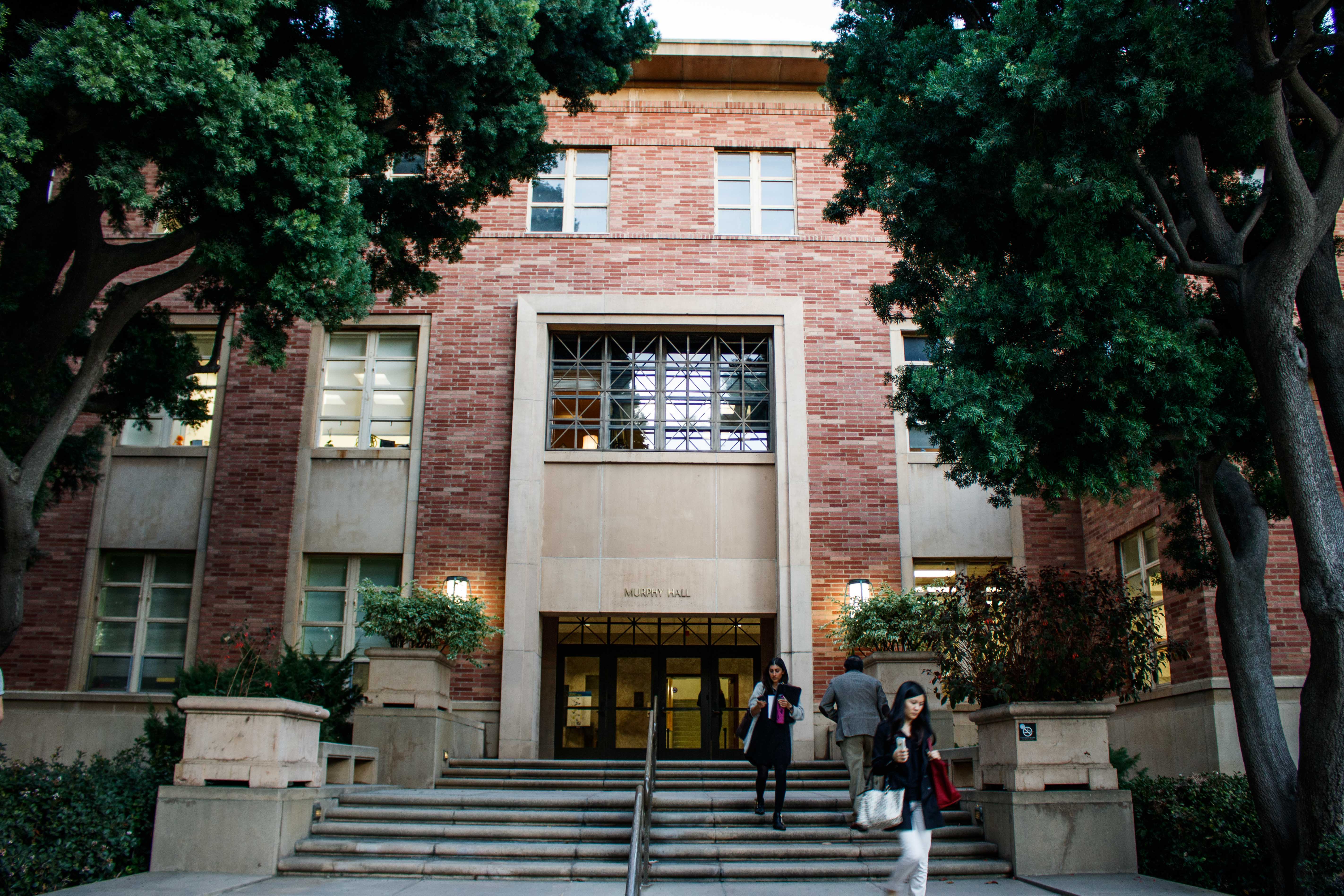A newly proposed bill hopes to keep CalFresh rebate pilot program alive

Produce in the UCLA Store is pictured. If passed, a new bill proposed by Assemblymember Alex Lee would continue a pilot program that provides a rebate to low-income families when they purchase produce using CalFresh at participating stores. (Shane Yu/Daily Bruin staff)
By Gabrielle Gillette
April 22, 2024 11:31 a.m.
This post was updated April 23 at 9:52 p.m.
A pilot incentive for CalFresh users to buy fresh produce expired this month, but a newly proposed bill may keep household crispers stocked for another year.
The California Fruit and Vegetable EBT Pilot Project, which began in 2023, offers rebates to users of CalFresh – the program providing monthly food benefits for low-income California households. These instant rebates can be up to $60 per month if users purchase up to $60 in fresh fruits and vegetables with their CalFresh card from participating retailers.
To participate in the program, users can pick out their fruits and vegetables from participating stores, swipe their card and receive their rebate instantly. With the rebated funds, they can then buy any other CalFresh-eligible item.
However, the pilot project, which serves around 43,000 households, is estimated to run out of funding from grantees this month, and officially ended April 14. In an effort to save the program, Assemblymember Alex Lee – who represents the Alameda and Santa Clara counties in District 24 – proposed a bill requesting $30 million from the state to keep the program funded from July to June of next year.
The pilot program allows EBT participants to stretch the amount of money they can spend, said Diana Winters, deputy director of the Resnick Center for Food Law and Policy at UCLA. She added that when someone only has a certain amount to spend each month, shelf-stable foods that last longer might seem more appealing.
The CalFresh rebate program, however, allows people to make healthier choices without as much economic pressure, Winters added.
Winters said she is hopeful about the proposed bill.
“Especially with what we’ve seen with the inflation in food prices, I think there’s an understanding among policymakers that increased benefits are necessary,” Winters said. “It’s hard to see this being controversial unless there just aren’t the funds for it or there’s competing needs for the funds.”
Lee also requested that the California Department of Social Services submit a report to the legislature outlining the project’s transition from relying on the grantees to being fully state-managed by Jan. 1.
Currently, the CDSS relays its funds to three grantees – the UC San Diego Altman Clinical and Translational Research Institute, San Francisco Bay Area Planning and Urban Research Association, and The Ecology Center, a nonprofit – who then partner with retailers that allow the program to operate out of their stores. The grantees also conduct community outreach and provide evaluation data to CDSS.
One of the biggest retailers participating in the program is Mother’s Nutritional Center, which has more than 80 stores across five Southern California counties, including Los Angeles.
Nancy Knauer, a representative from Mother’s Nutritional Center, said the franchise’s stores have seen an uptick in student, senior and veteran shoppers since the program began. Knauer added that customers have been overwhelmingly appreciative of the benefits.
Joe Prickitt, director of the UCSD Center for Community Health at the Altman Clinical and Translational Research Institute, said he believes the method of an instant rebate through the CalFresh card, as opposed to the vouchers or coupons used by previous programs, is one of the key aspects that makes the program so successful. He added that users do not have to be aware of the program – they can just buy fresh fruits and vegetables, look at their receipt and find out afterward that they have received money back.
Access to fresh produce is critical to good health, said Dr. Michael Garcia, an assistant professor of medicine in the division of clinical nutrition. Garcia said the average adult should aim to get around six to eight cups of nonstarchy fruits and vegetables per day – a quota that most adults do not reach.
If Lee’s bill does not pass, Garcia said a good way to continue to eat enough fruits and vegetables is through frozen produce, which does not spoil as easily. He added that frozen fruits and vegetables have the same nutritional value as their fresh counterparts.
Healthy eating patterns can help prevent chronic disease and reduce cancer risk, he added.
Overall, Garcia said he believes there needs to be more opportunities for people to develop healthy diets, such as Lee’s bill.
“We think of other human rights and healthcare rights, we should all have access to quality care,” Garcia said. “The same should go for healthy food options.”






